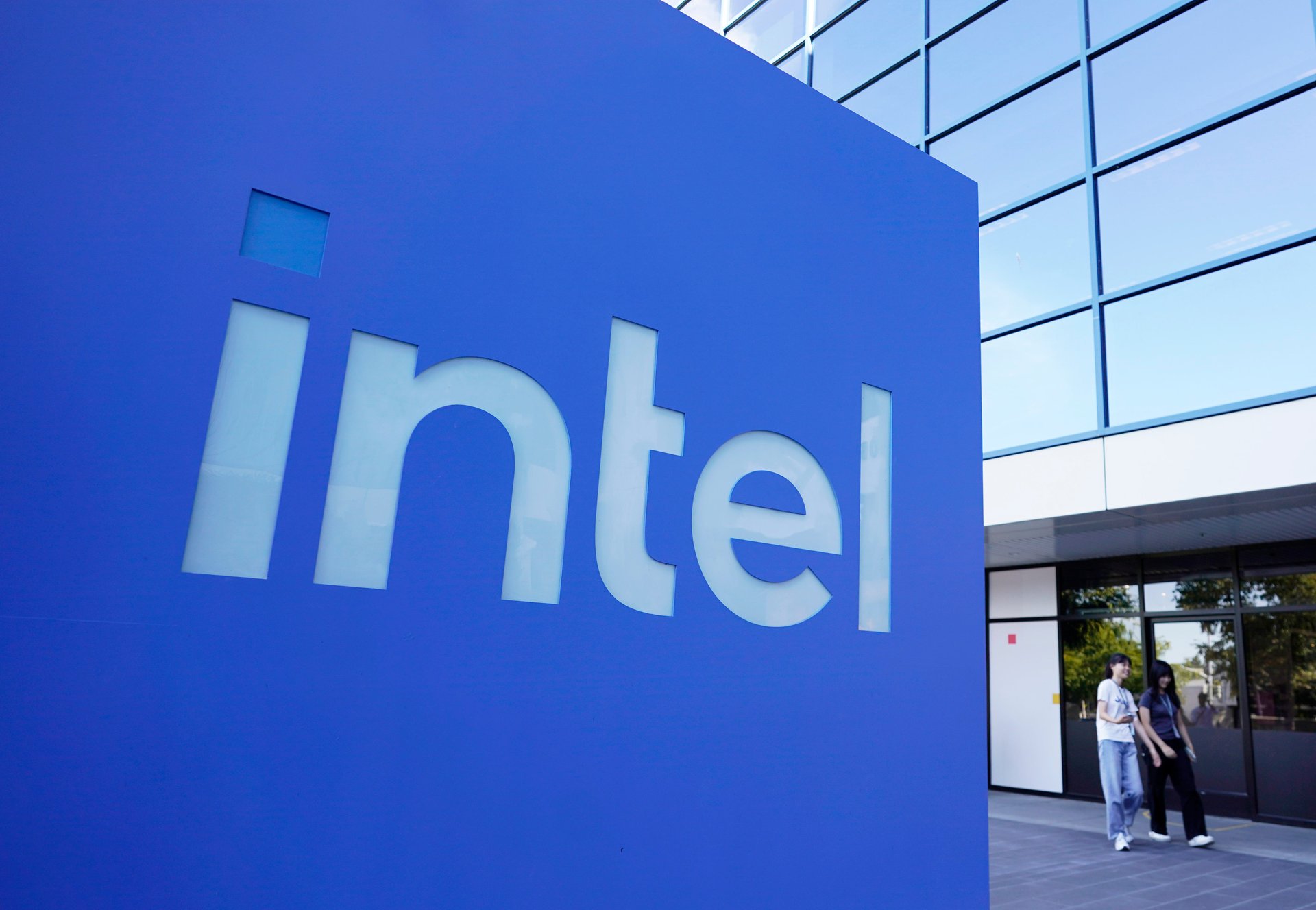Intel just dumped its stake in chip maker Arm
The tech firm's sale of its 1.18-million share stake in Arm comes as it looks to trim costs

Intel (INTC) sold its entire stake in British semiconductor firm Arm Holdings (ARM) last quarter amid a cost-cutting push.
Suggested Reading
Regulatory documents filed Tuesday show the Santa Clara, California-based tech firm no longer has any holdings in Arm. As of May, Intel held roughly 1.18 million shares of the company.
Related Content
The sale potentially raised about $147 million, according to calculations by Reuters based an average price of Arm’s stock of $124 between April and June.
Earlier this month, Intel announced that it would embark on a plan to save $10 billion in 2025. That includes reducing its headcount by roughly 15,000 roles, or 15% of its workforce, as well as suspending its stock dividend and reducing capital expenditures by more than 20%.
Intel CEO Pat Gelsinger said these were the “most consequential changes” in the company’s history.
Benchmark Co analyst Cody Acree told Reuters the sale “looks to be consistent with the restructuring plan and the renewed focus on liquidity and efficiency that Gelsinger laid out from the last conference call.”
The company missed profit and revenue expectations last quarter. Gelsinger blamed the weaker-than-expected results partly on Intel’s decision to “more quickly ramp” its Core Ultra artificial intelligence CPUs, or core processing units, that can handle AI applications. The chipmaker set third-quarter revenue expectations at between $12.5 billion and $13.5 billion.
As of the end of June, Intel had cash and cash equivalents of $11.3 billion and total liabilities of $32 billion.
Intel stock has lost 57% in market value year-to-date, trading at $20.47 at market close Tuesday. The chipmaker has struggled to keep up with growing AI demand, and the rapid pace of evolution in the chips industry.
Cambridge, U.K.-based Arm, on the other hand, has added almost 80% in value to its share price so far this year, closing at $123.79 Tuesday.
The chipmaker is reportedly putting together an AI chip unit, with its sights set on a spring 2025 launch for a prototype and mass production by that fall. Unlike Intel, which has said it’s yet to fully benefit from the AI boom, Arm is already catching “momentum and tailwinds from all things AI,” the firm’s CEO Rene Haas said in a call with analysts in February.